In the ever-evolving landscape of sustainable energy solutions, solar battery storage systems have emerged as a game-changer, particularly for Industrial and commercial sectors. These systems harness the power of the sun during daylight hours and store it for later use, transforming the way businesses approach energy consumption and cost management. This article delves into the intricacies of solar energy battery storage for industrial and commercial applications, minimizing the focus on residential usage to underscore its transformative potential in larger-scale settings.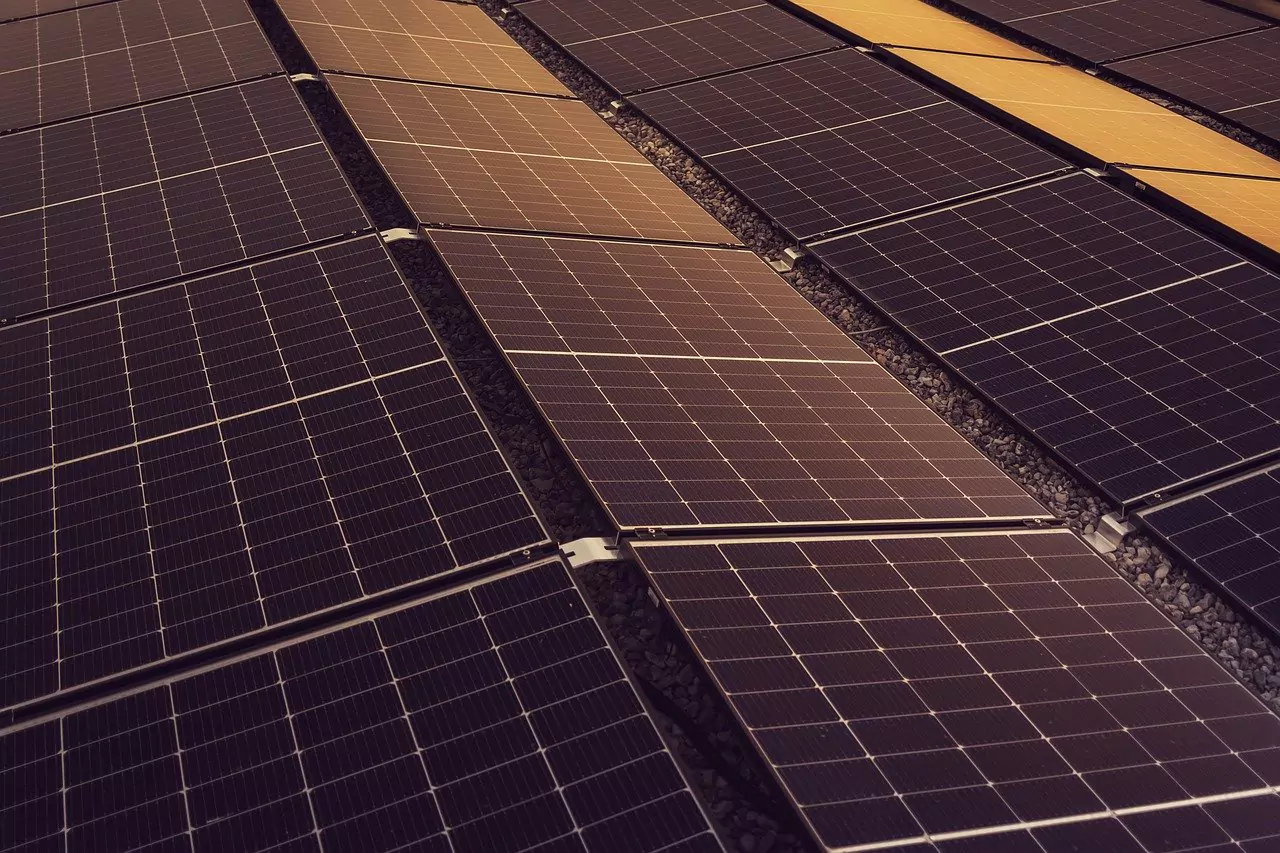
What is Solar Battery Storage?
Solar battery storage systems revolutionize energy management for industries and businesses. By harnessing excess solar energy during peak daylight and storing it in rechargeable batteries, these systems bolster energy independence. They empower businesses to reduce grid dependency, optimizing cost savings during peak demand periods and ensuring a reliable power supply even after sunset. This advanced storage technology enhances energy efficiency and sustainability, paving the way for a greener future.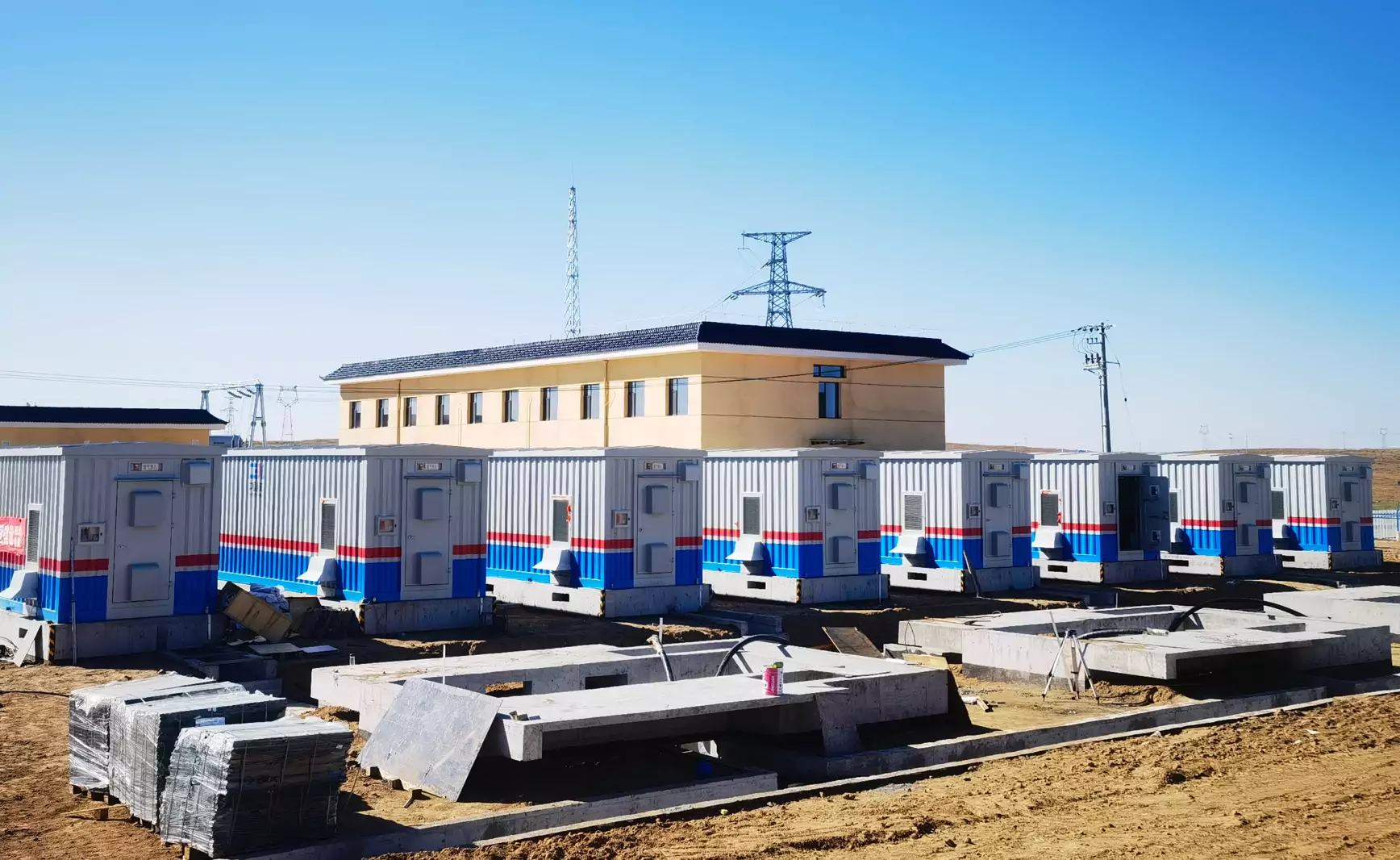
Advantages of Solar Battery Storage for Industrial and Commercial Use
- Maximizing Renewable Energy Utilization: By storing solar-generated electricity, businesses can ensure continuous access to clean, renewable energy, regardless of weather conditions or time of day. This significantly increases the overall utilization of solar energy, reducing the need for fossil fuel-based power generation.
- Cost Savings and Revenue Generation: With time-of-use (TOU) electricity pricing structures, businesses can strategically discharge stored energy during peak hours when grid electricity costs are highest. Moreover, in some regions, selling excess power back to the grid through net metering programs can generate additional revenue streams.
- Low Maintenance and Longevity: Modern solar battery storage systems are designed for low-maintenance operation, often featuring "install and forget" technology. With proper care, these systems can last for decades, providing reliable energy storage solutions for the long haul.
- Tax Incentives and Subsidies: While the VAT exemption mentioned earlier primarily applies to residential systems in the UK until February 2024, industrial and commercial installations often benefit from government grants, tax credits, and other financial incentives aimed at promoting renewable energy adoption.
- Enhanced Energy Security and Resilience: Solar battery storage enables businesses to maintain operations during grid outages or emergencies, ensuring continuity of service and minimizing downtime.
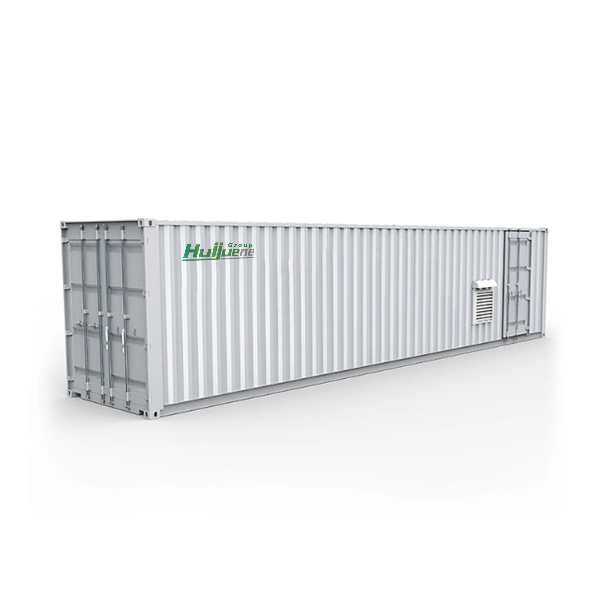
Disadvantages to Consider
- High Initial Investment: The upfront cost of installing a solar energy battery storage system can be substantial, requiring significant capital investment. However, the long-term savings and return on investment (ROI) can make this expenditure worthwhile for many businesses.
- Retrofitting Challenges: Integrating battery storage into existing solar PV systems may necessitate the installation of a new inverter compatible with the storage system, adding to the overall cost.
- Battery Degradation and Replacement: Batteries have a finite lifespan, and their performance may degrade over time. Regular maintenance and eventual replacement are necessary to maintain optimal system performance.
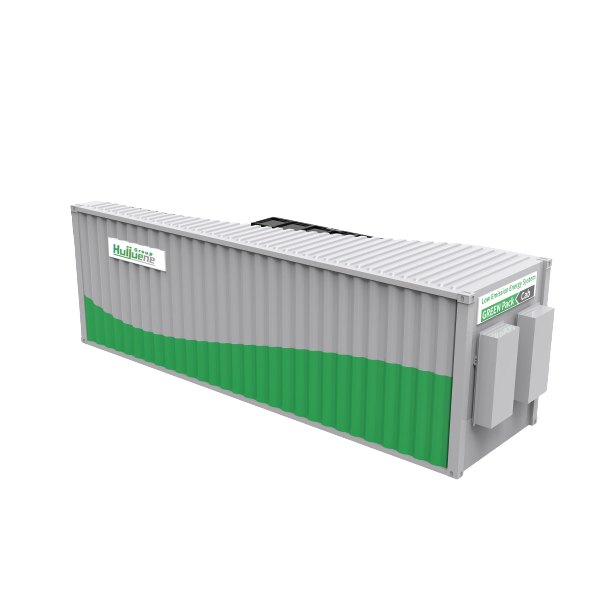
Choosing the Right Solar Battery Storage Products
When selecting a solar and battery storage system for industrial or commercial use, businesses face a pivotal decision that can significantly impact their energy efficiency, cost savings, and environmental footprint. Here are six key factors to consider in depth:
1. Capacity and Power Rating: The cornerstone of any solar energy battery storage system is its capacity (kWh) and power rating (kW). The capacity determines how much energy the system can store, while the power rating indicates the rate at which it can discharge that energy. Businesses must carefully assess their energy needs and usage patterns to select a system that can meet peak demands while ensuring sufficient reserves for off-peak hours.
2. Efficiency and Durability: Efficiency is paramount in maximizing the return on investment. Look for systems with high round-trip efficiency, which measures the percentage of energy stored that can be effectively discharged. Durability is equally important, as a reliable system will minimize maintenance costs and downtime. Choose a product with proven longevity and a track record of withstanding harsh industrial or commercial environments.
3. Warranty and Maintenance: A comprehensive warranty is essential to protect against unexpected failures and ensure peace of mind. Look for systems with warranties that cover both the battery and the inverter, as well as clear terms for repairs and replacements. Additionally, easy access to maintenance services and a responsive customer support team can help minimize downtime and keep the system running smoothly.
4. Integration Capabilities: Seamless integration with existing solar PV systems and grid-connected infrastructure is crucial. Businesses should select a solar electric battery storage that is compatible with their current setup, allowing for a smooth transition to renewable energy. This includes ensuring that the system can communicate effectively with the PV system and the grid, optimizing energy usage and minimizing disruptions.
5. Scalability: As businesses grow and their energy needs evolve, the ability to scale the battery power storage becomes increasingly important. Look for systems that can be easily expanded to accommodate future energy demands, ensuring that the investment remains relevant and effective over time.
6. Environmental Impact: Finally, businesses should consider the environmental impact of the solar battery storage system. Choose a product that is manufactured using sustainable materials and processes, and that minimizes its carbon footprint throughout its lifecycle. By selecting an environmentally responsible system, businesses can demonstrate their commitment to sustainability and contribute to a greener future.
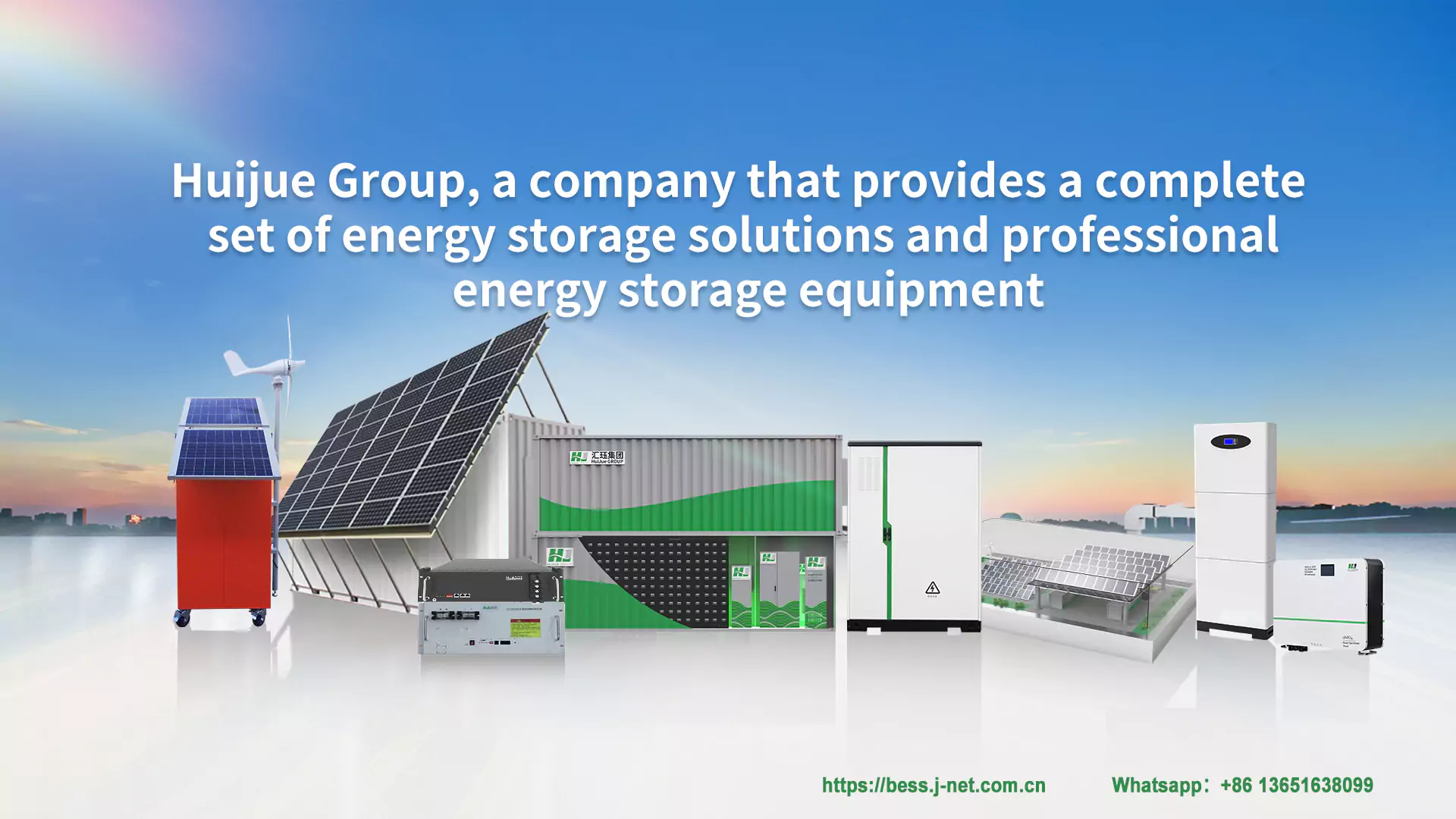
At Huijue, we embody a distinct advantage in the realm of storage solar battery for industrial and commercial applications. Our systems represent a pivotal leap in tapping the full extent of renewable energy's potential, fostering energy self-reliance, slashing operational costs, and bolstering resilience. By revolutionizing energy management strategies for businesses, we enable a paradigm shift towards sustainability. Despite the initial capital outlay, our solutions promise long-term dividends: cost efficiencies, environmental stewardship, and unwavering energy security, positioning Huijue as the strategic partner of choice for visionary organizations navigating the green energy landscape.




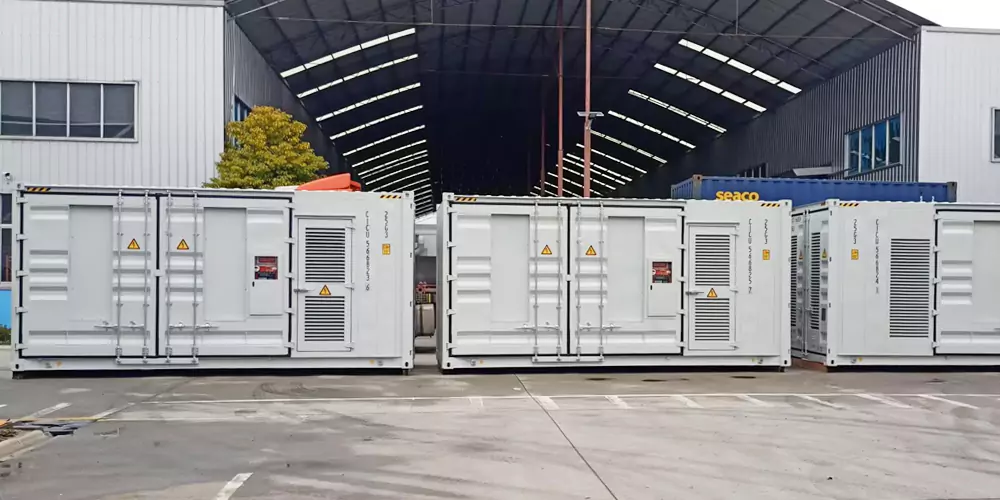
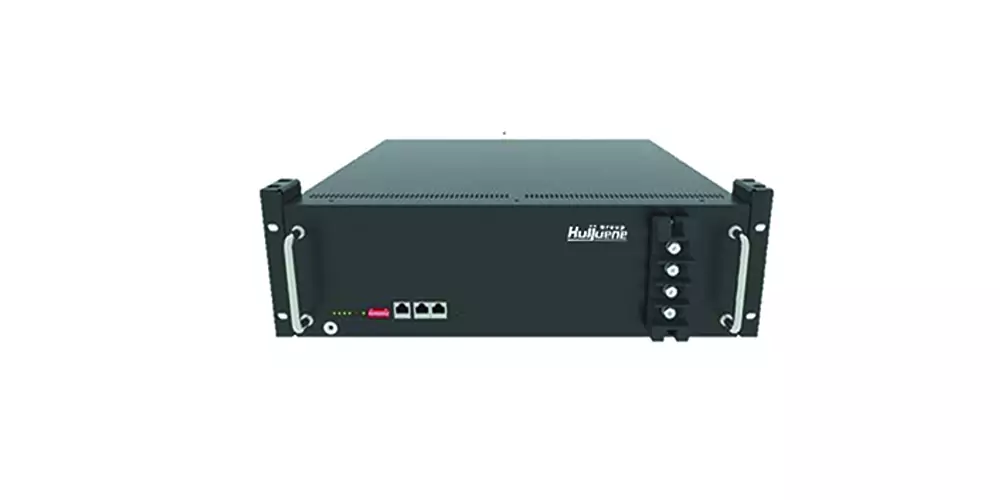

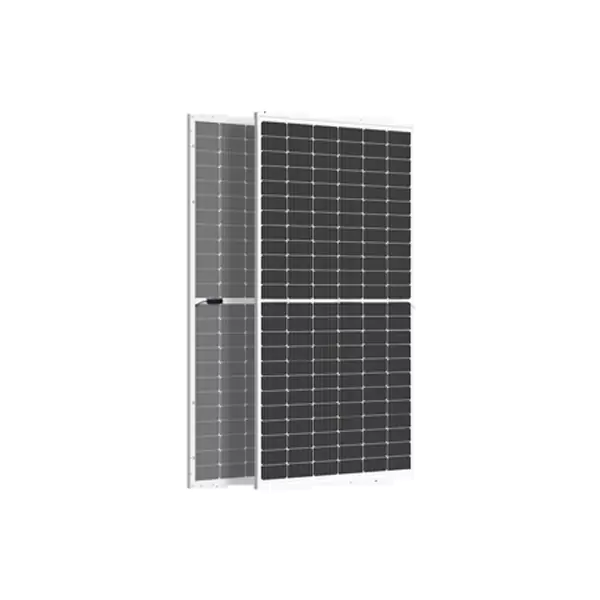
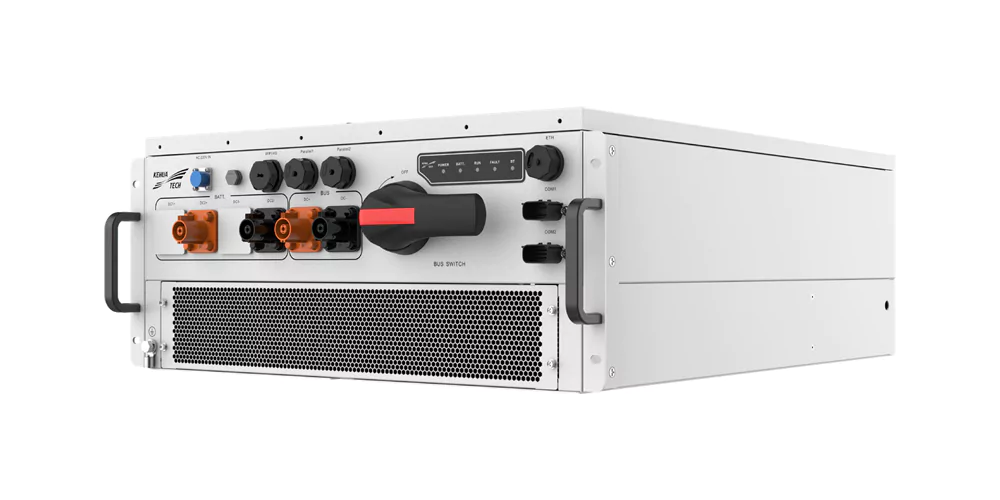
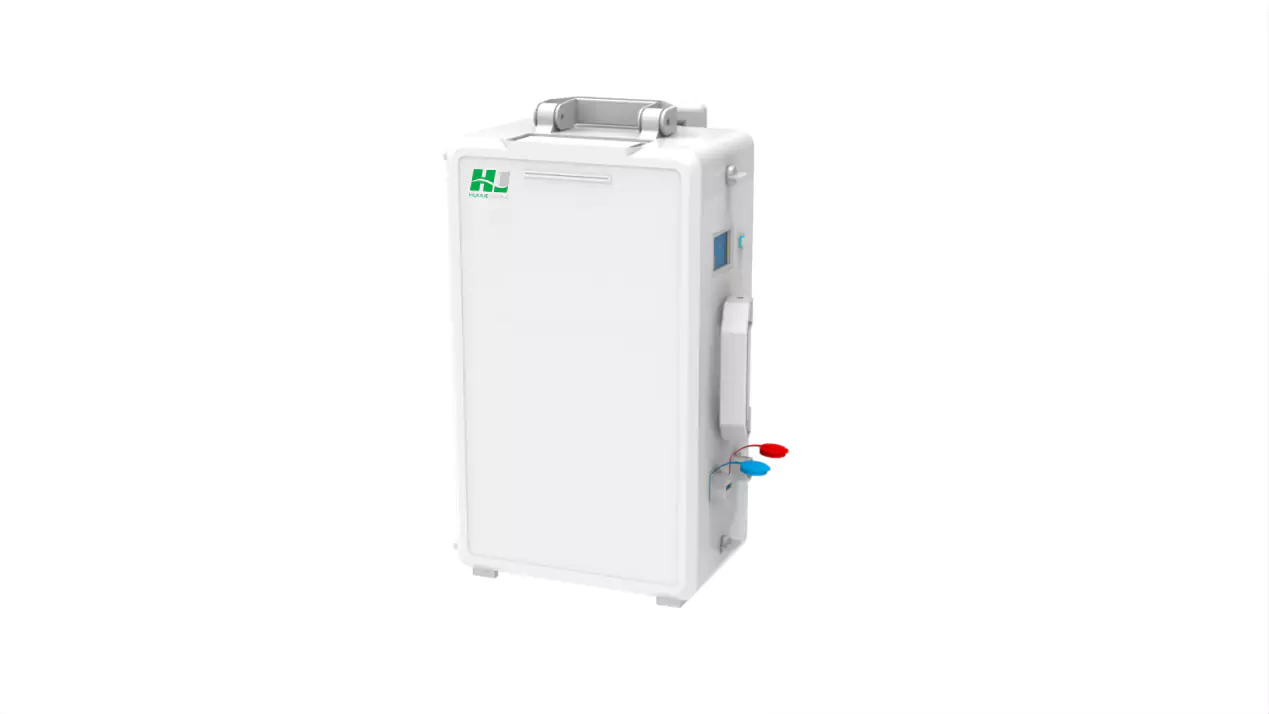
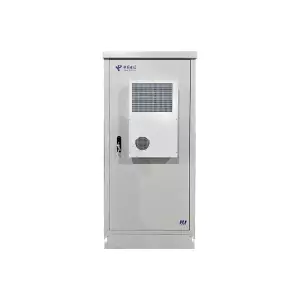
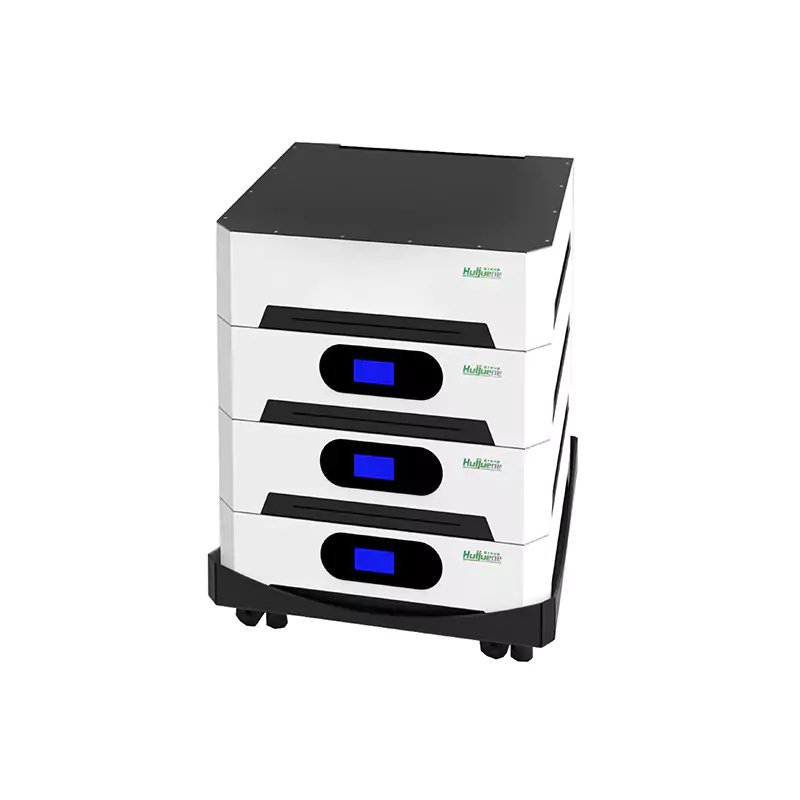
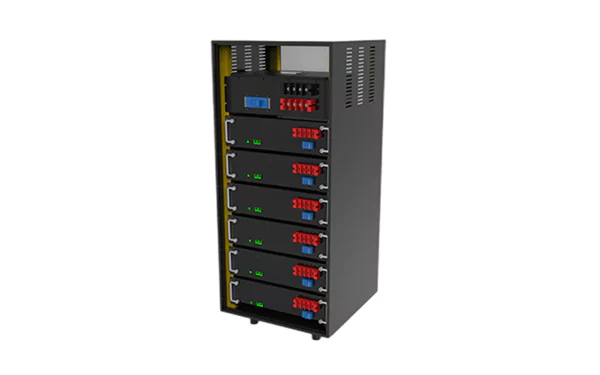
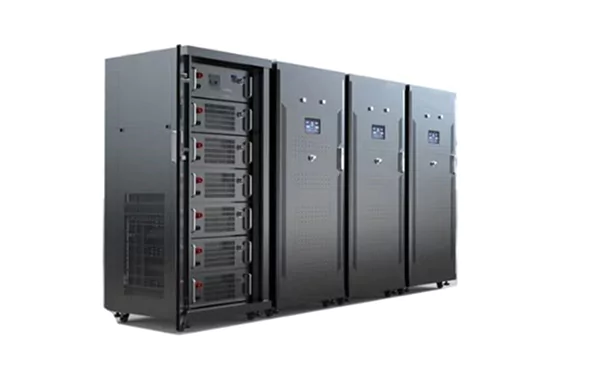
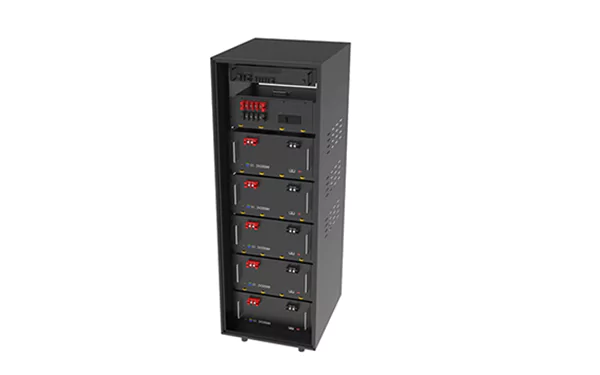
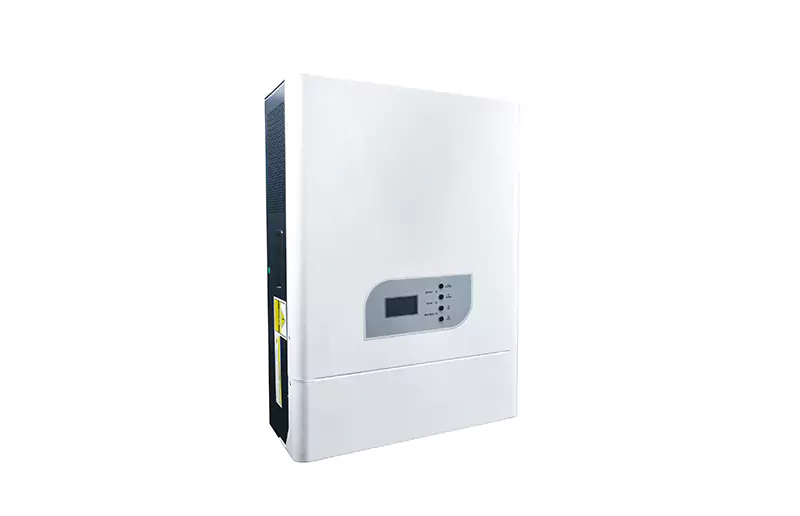
 Inquiry
Inquiry Online Chat
Online Chat